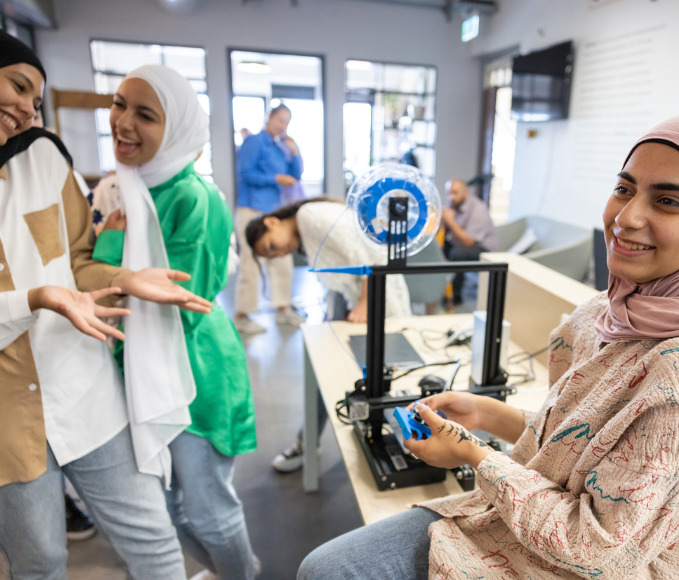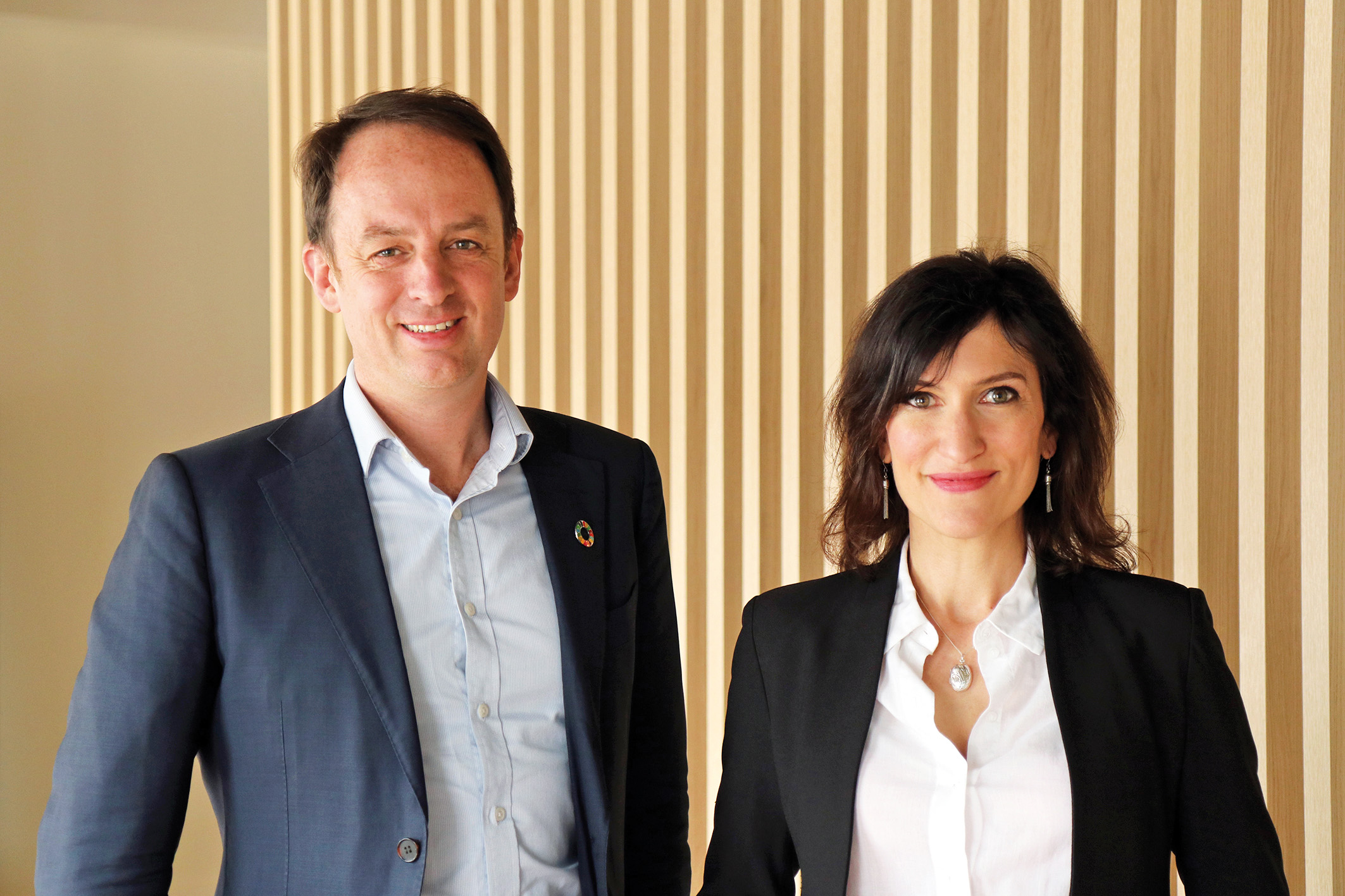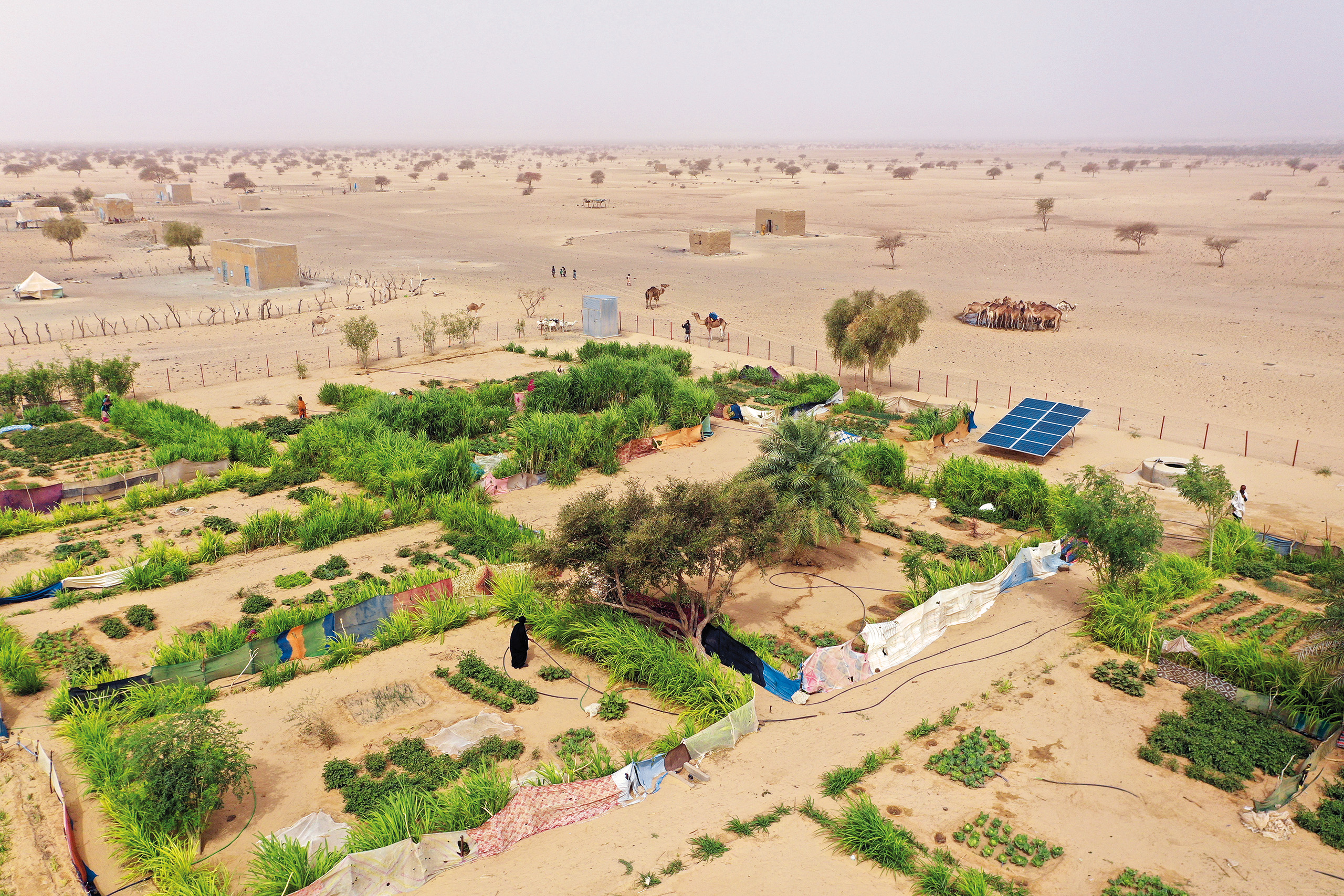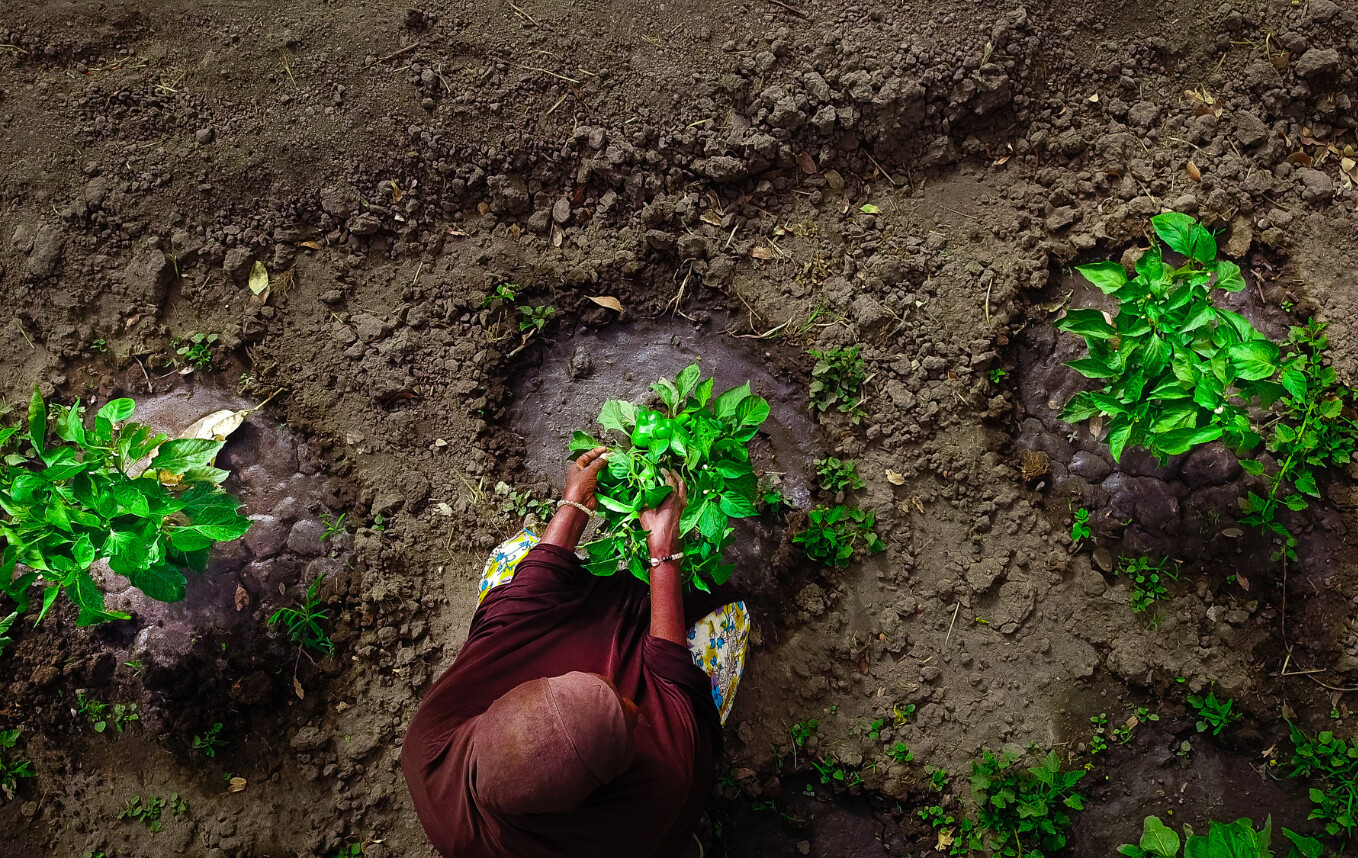Enabel and OECD Team Up To Boost Innovation

At Enabel we believe innovation is both essential and instrumental in tackling many of the complex challenges faced by communities worldwide. Yet, investing in innovations is a risky endeavor. So, how to balance risks and rewards? How to set innovation priorities and how to verify the effectiveness, scalability, and relevance of our innovation support? These and other questions lay the basis of a collaboration between Enabel and the OECD’s Innovation for Development Facility (InDeF) that started in 2022.
The OECD InDeF team developed a portfolio approach to innovation. A portfolio approach takes a balcony view on innovation which helps organizations align innovation processes, resources and performance with organizational objectives and enables them to track innovation with a view to scaling. Coached by the OECD team, Enabel colleagues in Benin, Morocco and Palestine piloted this portfolio approach by reviewing their current innovation supporting activities and investments against a set of key criteria. This helped Enabel get a better understanding of how much, where and how we invest in innovation in these countries.
We listed for you 5 key insights that arose from the scoping work and discussions:
1. Walk the talk
No innovation without financial commitments. Innovation or innovation supporting activities represented between 12% and 20% of the analysed portfolios in Benin, Morocco and Palestine. This is in line with the 2030 ambition of Enabel to become a role model and cradle of innovation in our sector.
2. Aim for impact at scale
The data suggests that the bulk of investments occur in ‘the middle stages of innovation’ (‘proof of concept and ‘transition to scale’), highlighting how little investment, comparatively, is devoted to scaling. Nevertheless, Enabel colleagues all agreed that scaling support is much needed to valorize the investments in research, pilot and demonstration projects.
3. Take a balcony view to see the bigger picture
Rather than looking at each activity and investment separately, we looked at the entire innovation portfolio. This balcony view on innovation helped trigger question like ‘Do these innovation activities reflect the innovation ambitions of Enabel and its partners in this sector?’ ‘Should we invest more in disruptive ideas or focus on more tested-and-proven innovations?’ Do we want to be more of an innovation pioneer or an innovation adopter?
4. Tools to track evidence
The process revealed a strong demand for guidance and tools to track evidence for impact across the scaling stages. Innovations should not be driven by hypes or mere gut-feeling, but by early testing, building evidence and scaling-up what works. Colleagues across all offices would like to see investment in the development of additional skills and tools.
5. A common ‘innovation narrative’
Is innovation about applying (digital) technologies? What do we consider ‘scaling’? At what point does an innovation cease to be ‘innovative’ but becomes part of our standard toolbox. It became evident that Enabel shares a challenge all too prevalent in international cooperation: a lack of clarity on what innovation means for us, how it relates to the tasks of colleagues and partners in various functions, and what the concept of scaling means.
So, what’s next?
Enabel will further build on these lessons learnt from our Morocco, Palestine and Benin portfolios. Taking a portfolio or ‘balcony view’ can help our partners and teams to make better decisions – on when, why, and how much to invest in disruptive innovations or proven and tested solutions, when to be an innovation pioneer or an innovation follower, or whether to support early stage innovators or scaling in a certain sector or country. In Enabel’s new bilateral country programmes in Morocco and Benin, the lessons learnt have already been incorporated into a transversal innovation strategy. And there’s more to come. The innovation team is working on a sensitisation campaign around innovation, an innovation game, and hands-on scaling tools for the project teams. So stay tuned!
Credits/Disclaimer: This article is the result of a collaboration between the OECD (Innovation for Development Facility) and Enabel. Contributors: Mansi Agarwal (OECD), Benjamin Kumpf (OECD), Toon Driesen (Enabel) & Philippine De Bruyn (Enabel). You can read the full article here.







